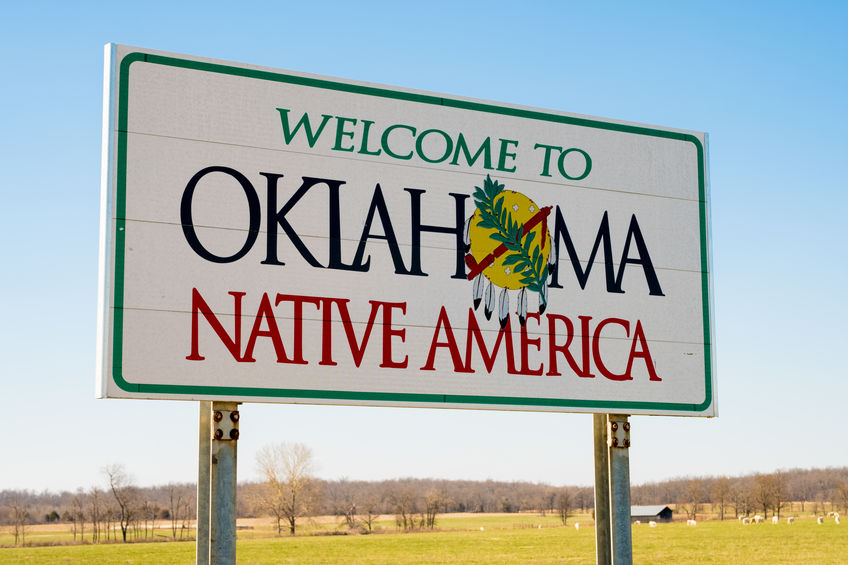Muskogee Creek Nation Was Never Disestablished
Video Transcribed: McGirt
does apply to the Choctaw Nation Reservation. I’m a McGirt attorney in Oklahoma, James Wirth talking about a new decision from the Oklahoma Court of Criminal Appeals that dropped today, April 1st, 2021. It’s Devin Warren Sizemore versus the state of Oklahoma.
It is a published decision, 2021, OKCR6. And what the Oklahoma Court of Criminal Appeals decided, in that case, is that it is expanding the McGirt precedent to include the Choctaw Nation Reservation.
 So the court, in applying the rule set forth in the United States Supreme Court decision of McGirt, found that the Muskogee Creek Nation was never disestablished.
So the court, in applying the rule set forth in the United States Supreme Court decision of McGirt, found that the Muskogee Creek Nation was never disestablished.
When we look at that framework and the court applies it to the Choctaw Nation, that they were very similarly formed and the court came to the same conclusion for the Choctaw Nation that this United States Supreme court did for the Muskogee Creek Reservation, which is essentially going back through the history of the tribe, found that a reservation was established back in 1830 through the Treaty of Dancing Rabbit.
That reservation was modified a couple of times, both before the Civil War and after the Civil War in the treaties of Washington. But that reservation was never this established by Congress, therefore is still in full force in effect today. And why that affects us is because that means that that reservation was never disestablished.
That reservation is still intact today, and that the state of Oklahoma and county courts in Oklahoma lack jurisdiction to prosecute Indians and lack jurisdiction to prosecute crimes committed against Indians during that territory.
So where is that territory for the Choctaw Nation? We’ve actually got a link on our McGirt page and go to a Wirthlawoffice.com, go to our McGirt page. We’ve got a link to a map that shows exactly where it is, but less specifically, I can tell you what counties it includes.
It includes a part of the following counties in Oklahoma. Cole County, Hughes County, Haskell County, Latimer County, Pittsburgh County, Atoka County, LeFlore County, Pushmataha County, McCurtain County, Choctaw County, and Bryan County.
So for any defendants, for the history of the state of Oklahoma that have been prosecuted in those courts, if they have any Indian blood and are a member of a federally recognized Indian tribe, the state lacked jurisdiction to prosecute them. Similarly, if the victim of the crime was Native American Indian, had Indian blood, member of a tribe, then the state of Oklahoma lacked jurisdiction to prosecute them.
In this case, Devin Sizemoore’s case is actually a pretty horrific case. A lot of these McGirt cases are. He was charged and convicted in Pittsburgh County with murdering his 21-month-old daughter.
That conviction, a sentence has all been vacated now because the murder charge, which’s a major crime, there’s exclusive jurisdiction within federal courts. It’s likely he’s going to be re-prosecuted. This was a relatively recent crime in 2016, so it’s very likely that all the evidence still exists.
There’s no statute of limitations issues, so that will likely be re-prosecuted without issue in federal court. Some of the older cases may have more difficulties in re-prosecuting them due to statute of limitations issues or due to a loss of evidence over the span of time.
So if you’ve got questions about how this decision or other decisions like it may apply to your circumstances, as either the defendant or a victim of a crime, you may want to talk to an attorney about that. To get something like that scheduled with somebody in my office, you can go to makelaweasy.com.



